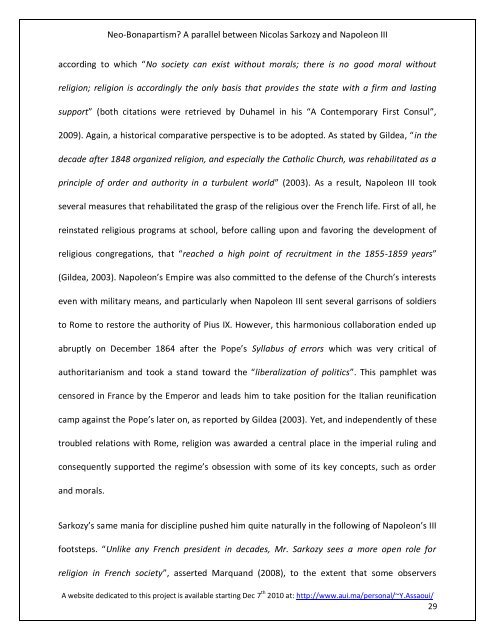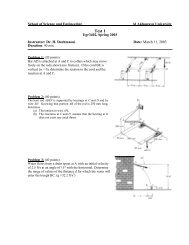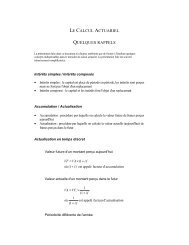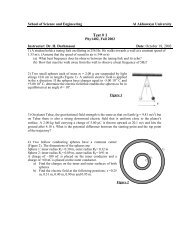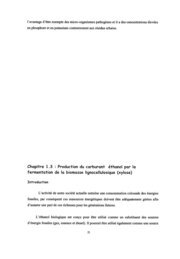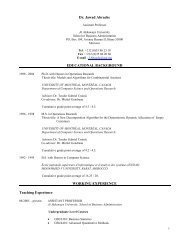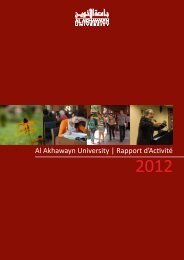Neo-Bonapartism? A parallel between Nicolas Sarkozy and ...
Neo-Bonapartism? A parallel between Nicolas Sarkozy and ...
Neo-Bonapartism? A parallel between Nicolas Sarkozy and ...
Create successful ePaper yourself
Turn your PDF publications into a flip-book with our unique Google optimized e-Paper software.
<strong>Neo</strong>-<strong>Bonapartism</strong>? A <strong>parallel</strong> <strong>between</strong> <strong>Nicolas</strong> <strong>Sarkozy</strong> <strong>and</strong> Napoleon III<br />
according to which “No society can exist without morals; there is no good moral without<br />
religion; religion is accordingly the only basis that provides the state with a firm <strong>and</strong> lasting<br />
support” (both citations were retrieved by Duhamel in his “A Contemporary First Consul”,<br />
2009). Again, a historical comparative perspective is to be adopted. As stated by Gildea, “in the<br />
decade after 1848 organized religion, <strong>and</strong> especially the Catholic Church, was rehabilitated as a<br />
principle of order <strong>and</strong> authority in a turbulent world” (2003). As a result, Napoleon III took<br />
several measures that rehabilitated the grasp of the religious over the French life. First of all, he<br />
reinstated religious programs at school, before calling upon <strong>and</strong> favoring the development of<br />
religious congregations, that “reached a high point of recruitment in the 1855-1859 years”<br />
(Gildea, 2003). Napoleon’s Empire was also committed to the defense of the Church’s interests<br />
even with military means, <strong>and</strong> particularly when Napoleon III sent several garrisons of soldiers<br />
to Rome to restore the authority of Pius IX. However, this harmonious collaboration ended up<br />
abruptly on December 1864 after the Pope’s Syllabus of errors which was very critical of<br />
authoritarianism <strong>and</strong> took a st<strong>and</strong> toward the “liberalization of politics”. This pamphlet was<br />
censored in France by the Emperor <strong>and</strong> leads him to take position for the Italian reunification<br />
camp against the Pope’s later on, as reported by Gildea (2003). Yet, <strong>and</strong> independently of these<br />
troubled relations with Rome, religion was awarded a central place in the imperial ruling <strong>and</strong><br />
consequently supported the regime’s obsession with some of its key concepts, such as order<br />
<strong>and</strong> morals.<br />
<strong>Sarkozy</strong>’s same mania for discipline pushed him quite naturally in the following of Napoleon’s III<br />
footsteps. “Unlike any French president in decades, Mr. <strong>Sarkozy</strong> sees a more open role for<br />
religion in French society”, asserted Marqu<strong>and</strong> (2008), to the extent that some observers<br />
A website dedicated to this project is available starting Dec 7 th 2010 at: http://www.aui.ma/personal/~Y.Assaoui/<br />
29


